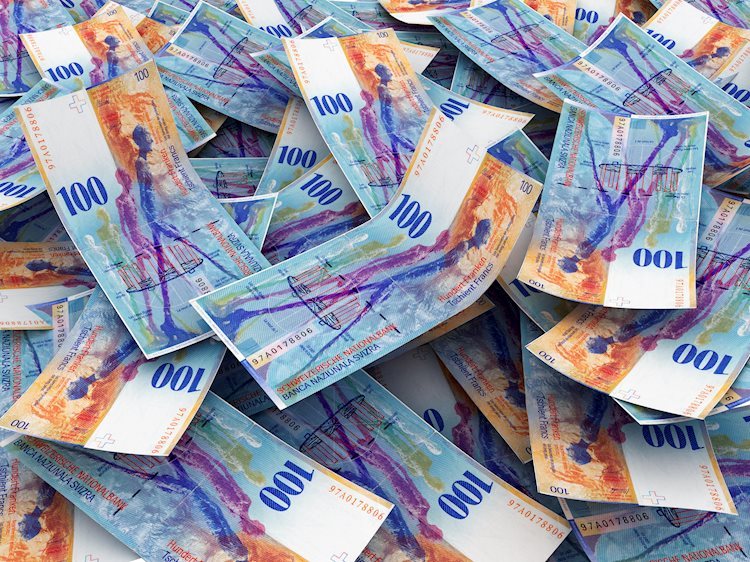The USD/CHF pair is trading higher near 0.8575 in Wednesday’s early European session due to the stronger US Dollar and reduced expectations for aggressive rate cuts by the Federal Reserve. The release of the FOMC Minutes later in the day will be closely watched by traders. Boston Fed President Susan Collins mentioned that further interest rate cuts are likely as inflation trends weaken, while Atlanta Fed President Raphael Bostic noted that despite progress on inflation, overall price figures have not reached target levels yet. The upcoming US Consumer Price Index (CPI) report on Thursday could provide more insight into the future Fed easing cycle.
Geopolitical tensions in the Middle East might limit the upside for the USD/CHF pair, despite recent comments from Hezbollah supporting a ceasefire in Lebanon. The Swiss Franc is considered a safe-haven asset, attracting investors during times of market stress due to Switzerland’s stable economy and political neutrality. The Swiss National Bank aims for an annual inflation rate of less than 2% and meets four times a year to decide on monetary policy. The Swiss economy’s health and key macroeconomic data releases play a crucial role in determining the Swiss Franc’s valuation.
The Swiss Franc was pegged to the Euro from 2011 to 2015, causing turmoil in markets when the peg was abruptly removed, leading to a significant increase in the Franc’s value. Despite the peg no longer being in force, the Franc’s fortunes are still correlated with the Euro due to Switzerland’s dependency on the Eurozone. Economic growth, inflation, and other macroeconomic indicators in Switzerland can impact the Swiss Franc’s value, with high economic growth and low unemployment generally being positive for CHF.
Switzerland’s heavy reliance on the neighboring Eurozone economies makes stability in the Eurozone crucial for the Swiss Franc’s performance. The European Union is Switzerland’s main economic partner, and any instability in the Eurozone can affect the Swiss economy and the CHF. Given the close economic and political ties between Switzerland and the Eurozone, the correlation between the Euro and the Swiss Franc is high, sometimes reaching close to perfect.
In conclusion, the USD/CHF pair is trading higher in Wednesday’s session as the US Dollar strengthens and expectations for aggressive rate cuts by the Federal Reserve diminish. Geopolitical tensions in the Middle East could limit the pair’s upside, while the Swiss Franc continues to be viewed as a safe-haven asset for investors during times of market stress. The Swiss National Bank’s monetary policy decisions, along with key macroeconomic data releases in Switzerland, play a significant role in determining the Swiss Franc’s valuation. With Switzerland’s heavy dependency on the Eurozone economies, stability in the Eurozone is crucial for the Swiss Franc’s performance.











